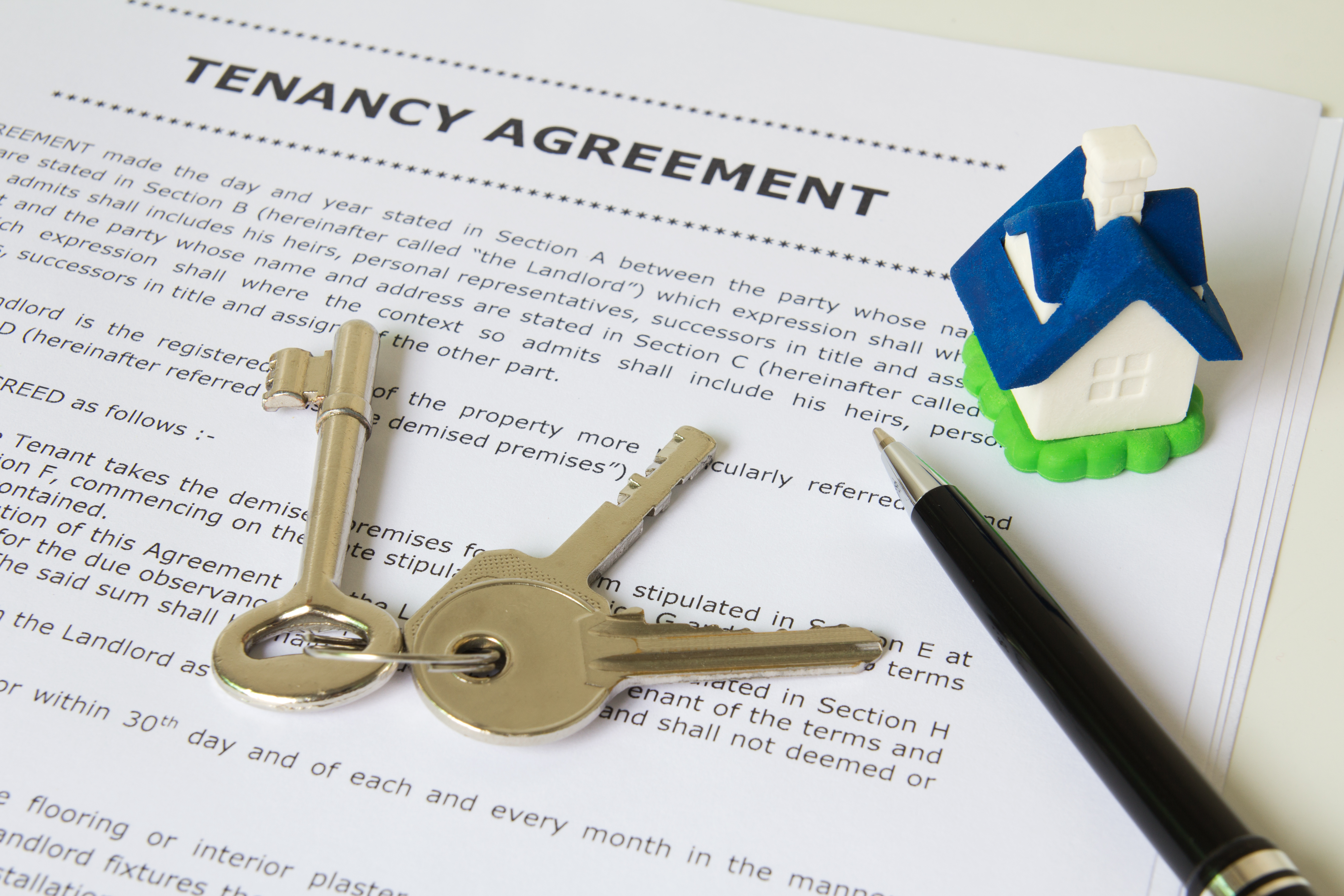NEW NYC TENANT LAWS

As many of you have no doubt read, new laws were enacted on June 14, 2019, that will have a major impact on landlord and tenant law, housing court (residential and commercial parts), cooperative and condominium conversions. (Related topics: landlord-tenant law NYC, tenant lawyer New York, real estate lawyer NYC)
Below is the first part of my four-part synthesis of the 145-page bill that passed. If you want to discuss this with me, you can email, call or write me, I will answer your questions.
The new legislation is called the Statewide Housing Security and Tenant Protection Act of 2019 but don’t let the name fool you. The reforms impact residential and commercial landlords.
Previously, written demands were statutorily a 3-day notice. A landlord could enlarge the notice timeframe by lease provision but could not reduce the notice provision to less than 3 days. The amended law now requires a 14-day notice. For practical purposes, this means that the residential or commercial tenant has until the third week in the month to cure a default in rent payment before a landlord can commence a summary nonpayment eviction proceeding, which of course delays a landlord’s ability to address a tenant’s default.
In addition, oral demands are no longer acceptable as a viable alternative to a written demand.
In a pending nonpayment proceeding, if the tenant pays the rent at any time prior to a hearing on the petition, the landlord must accept the rent and the case is over.
In addition, the time for a tenant to answer a nonpayment petition has been extended from 5 days to 10 days. Tenant has 10 days to answer the petition which further delays the summary proceeding process.
Also created by the new law is a new requirement that if a landlord fails to receive a rent payment from the tenant within the 5 days of the date specified in the lease, the landlord is required to send the tenant a notice by certified mail that landlord has not received the rent payment. This new notice requirement is clearly applicable to residential tenants. Whether or not this new notice requirement is applicable to commercial tenancies is unknown. The notice provision is contained within a section of the Real Property Law which is directed to residential tenancies. There is currently no case law to clear up this ambiguity.
In light of the new rent laws, the need for a landlord to have an aggressive, knowledgeable attorney is of paramount importance. Not doing so will negatively affect a landlord’s bottom line. Contact Gary J. Wachtel now or call today at (212) 371-6500 and let me assist you.
Here is the second part of my four-part synthesis of the 145-page bill that passed. If you want to discuss this with me, you can email, call or write me, I will answer your questions.
The new legislation is called the Statewide Housing Security and Tenant Protection Act of 2019 but don’t let the name fool you. The reforms impact residential and commercial landlords.
By virtue on the new legislation, summary proceedings will become anything but summary. No longer an expeditious way for a landlord to collect rent, the legal proceeding can now be further delayed and extended by a tenant with little difficulty. For example, the court is required to grant an adjournment to the tenant upon tenant’s request. And the court has the discretion to grant further adjournments to the tenant.
The requirement that a tenant pay use and occupancy during the pendency of a nonpayment proceeding has been sharply curtailed by the new legislation. The landlord is required to file a written motion rather than make an oral application even when the tenant is seeking repeated adjournments to delay and prolong the action. And if the first adjournment request was to obtain counsel, the adjournment does not negatively count towards tenant’s repeated requests. Furthermore, a tenant’s failure to comply with the court’s order to pay use and occupancy can result only in the court granting an immediate trial. No longer does the court have the authority to strike the tenant’s answer and grant judgment in landlord’s favor.
Under RPAPL § 749, the marshal is now required to serve a 14-day notice before the eviction may be executed. The court has the power to vacate a warrant issued for nonpayment of rent at any time prior to execution of the eviction and even to restore a tenant to possession if the tenant can tender payment in full.
In light of the new rent laws, the need for a landlord to have an aggressive, knowledgeable attorney is of paramount importance. Not doing so will negatively affect a landlord’s bottom line. Contact Gary J. Wachtel now or call today at (212) 371-6500 and let me assist you.
New York, NY
www.garywachtel.com
